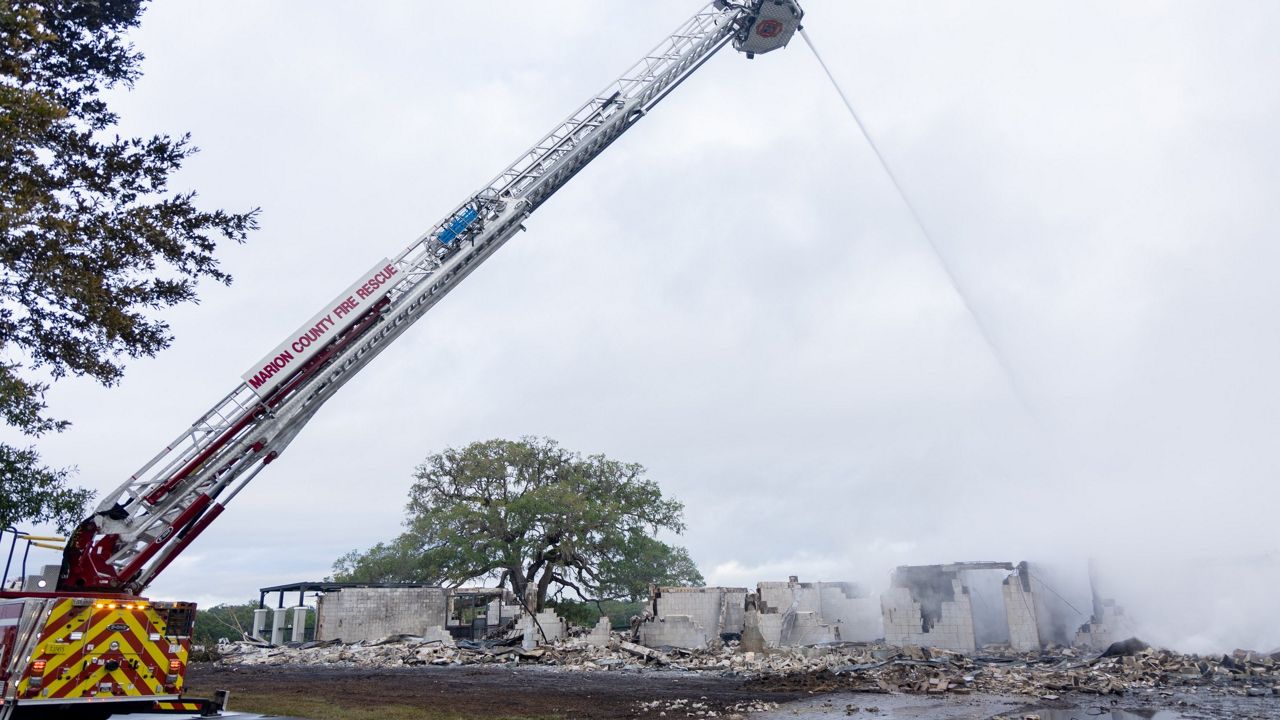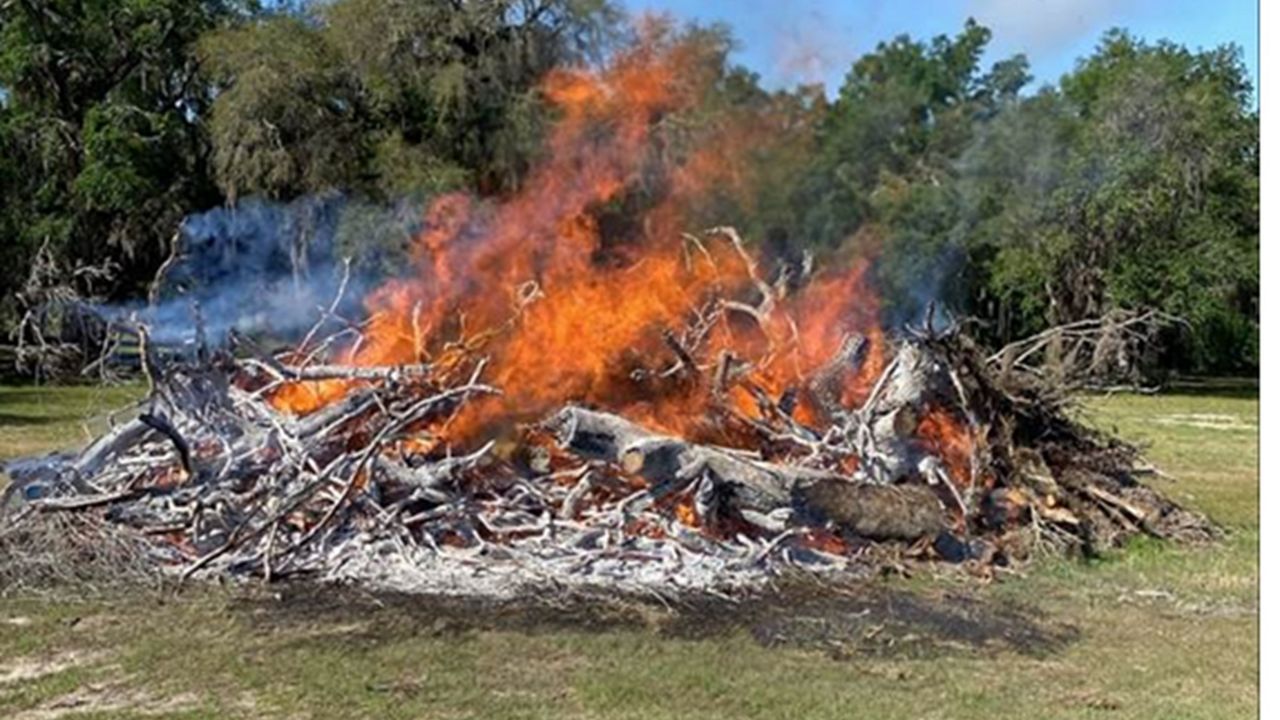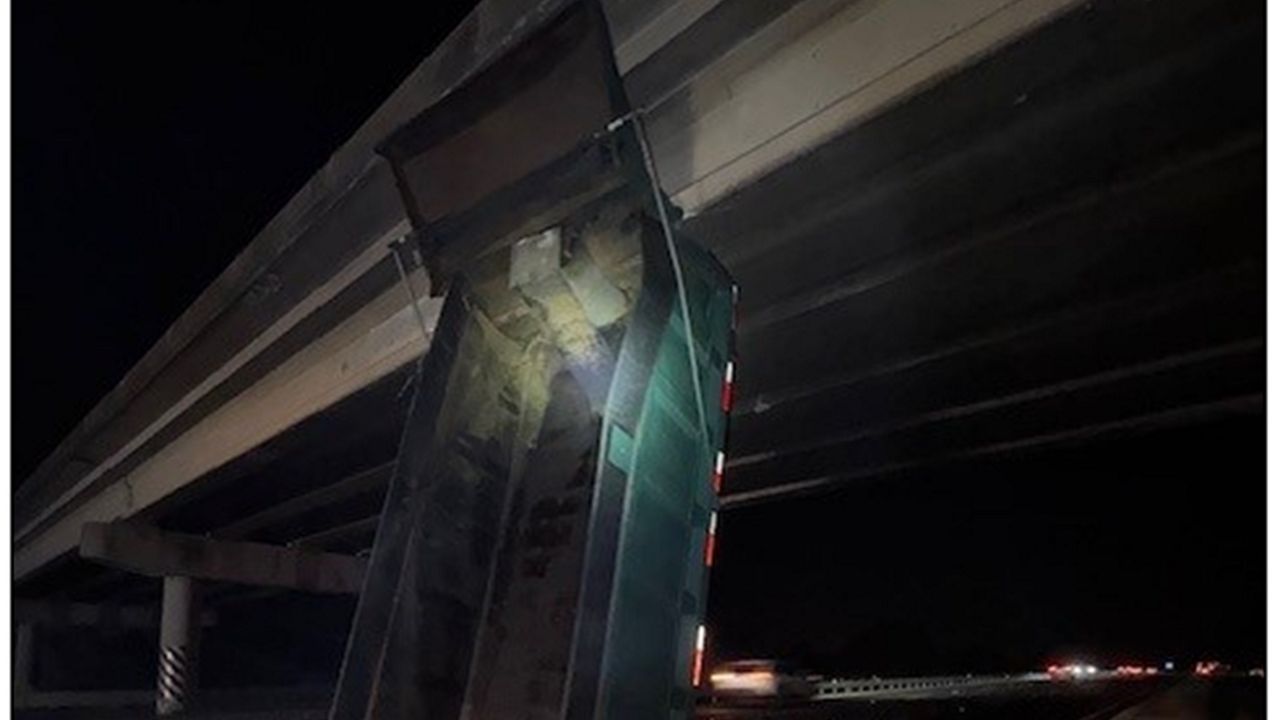OCALA, Fla. — Homeless people in Ocala are being arrested and fined for sleeping in public places under an unconstitutional, discriminatory ordinance aimed at pushing them out of the city, a new federal lawsuit alleges.
- Several advocacy groups sue city of Ocala
- Lawsuit filed on behalf of 200 homeless people
- City’s "open lodging" policy called illegal
“The City of Ocala is trying to force homeless people to leave town,” says the complaint filed Thursday in the Ocala division of the U.S. District Court for the Middle District of Florida. “The Mayor’s goal is to ensure ‘vagrants will be gone’ from the City’s downtown area.”
Recently re-elected Ocala Mayor Kent Guinn declined to discuss the 67-page complaint with Spectrum News 13 on Friday.
“We don’t have any comment on it, the lawsuit,” Guinn said.
Southern Legal Counsel, the ACLU of Florida, and pro-bono attorney Andy Pozzuto filed the class-action lawsuit on behalf of roughly 200 homeless people in Ocala, including Patrick McArdle, Courtney Ramsey, and Anthony Cummings.
It alleges violations of the U.S. Constitution and seeks an injunction prohibiting Ocala from enforcing its “open-lodging” ordinance.
The city’s campaign violates the 8th Amendment ban against excessive bail and cruel and unusual punishments, the suit alleges. The city’s policy also targets a politically unpopular group in violation of the equal-protection clause of the 14th Amendment, attorneys say.
Ocala’s campaign also violates freedom-of-movement and intrastate travel provisions of the Florida Constitution by preventing homeless people from moving into the city and pushing out existing Ocala homeless people, the suit says. It also impedes “their ability to move freely and engage in harmless, life-sustaining activities such as resting, sleeping, and attempting to protect themselves from the elements.”
At issue is the city’s “open-lodging ordinance” that Guinn and other Ocala officials are using to arrest people for sleeping or resting on sidewalks and other outdoor areas, resulting in excessive fines and lengthy jail sentences, homeless advocates say.
The plaintiffs have collectively spent 210 days in jail and amassed more than $9,000 in fines, fees, and costs because of the Ocala’s “open-lodging” crackdown.
The ordinance makes it a crime for someone who admits being homeless to sleep outside in public areas. It is not a crime for a homeowner to sleep outside, advocates say.
“Ocala’s ordinance against sleeping outside explicitly targets and discriminates against homeless people. It allows you to sleep outside if you have a home, but not if you are homeless,” Jacqueline Azis, a staff attorney with the ACLU of Florida, said in a statement.
She said it is against the U.S. Constitution to punish homeless people for resting or sleeping when they have no other place to go.
One plaintiff, McArdle, spent 148 nights in jail and has been assessed $3,690.50 in fines and court costs for 10 counts of open-lodging violations.
He gets food stamps and temporary jobs. But he doesn’t make enough for basic necessities, including housing. He can’t use the Salvation Army’s emergency shelter because of a battery charge on his record. He couldn’t get meals from the Salvation Army from July 2017 until April 2019 because he was permanently trespassed. He recently asked to have that lifted.
“While he has been granted permission by the Salvation Army to receive hot meals and shower at the Salvation Army, the trespass remains in place, putting him at risk of arbitrary arrest should he choose to access these services,” the suit says.
Since June 1, 2015, there have been 397 cases charging violations of Ocala’s open-lodging ordinance filed in Marion County Court. The Ocala area suffers from a lack of affordable housing, the suit says.
The Ocala Housing Authority has 186 public housing units, with 974 families on the waiting list, the lawsuit said. In addition, 1,746 individuals are waiting for federally funded Section 8 vouchers designed to help very low-income families help pay for housing.
Ocala has budgeted 1,372 Section 8 vouchers, and 108 of those are earmarked for veterans. More than 200 people who have received vouchers have not been able to find rentals where they can use them.
“There is not enough permanent housing or emergency shelter to meet the needs of homeless individuals in Ocala,” the suit says. “Because they lack housing and cannot access the homeless shelters year-round, Named Plaintiffs and class members have no choice but to sleep outside on public or private property for most of the year if not year-round.”








